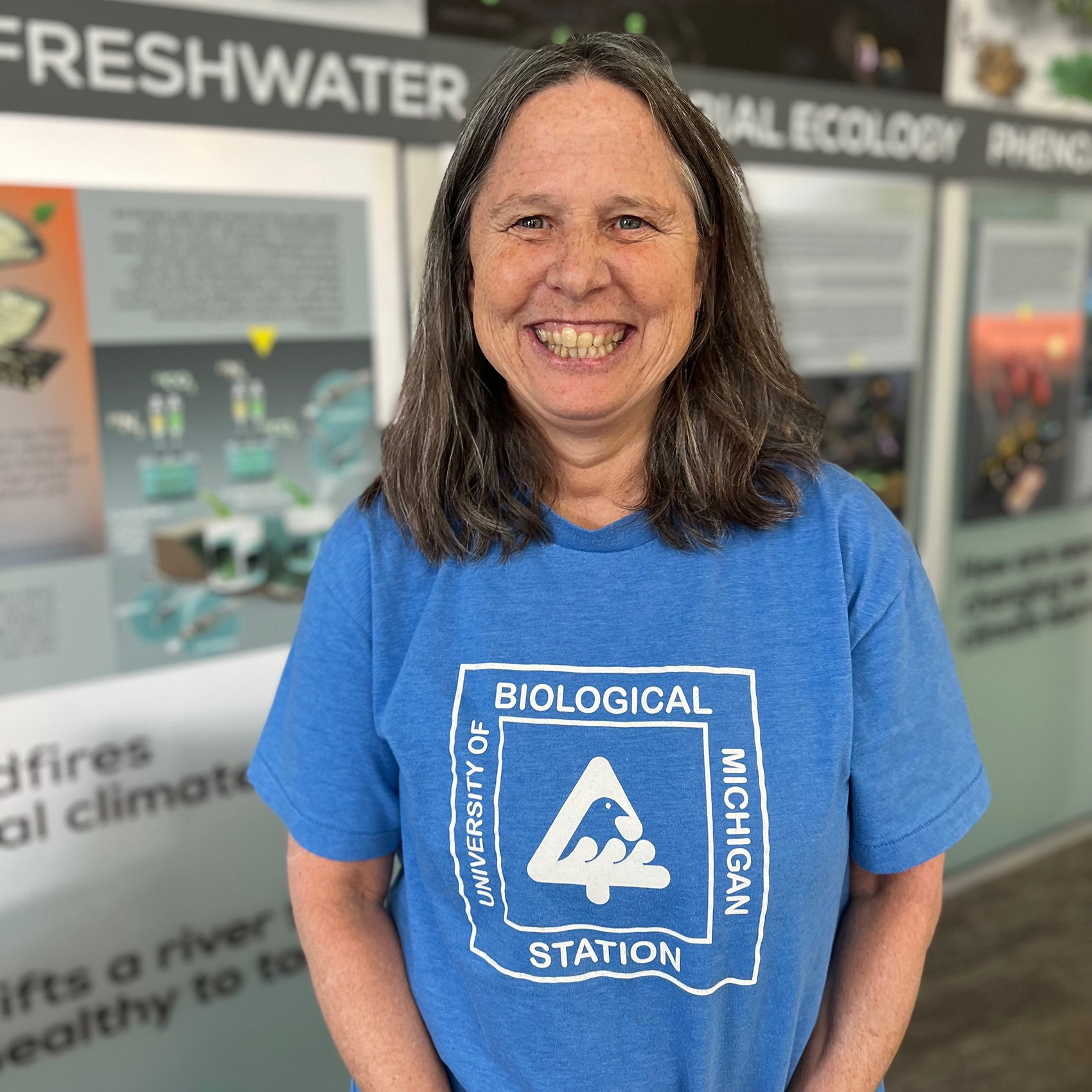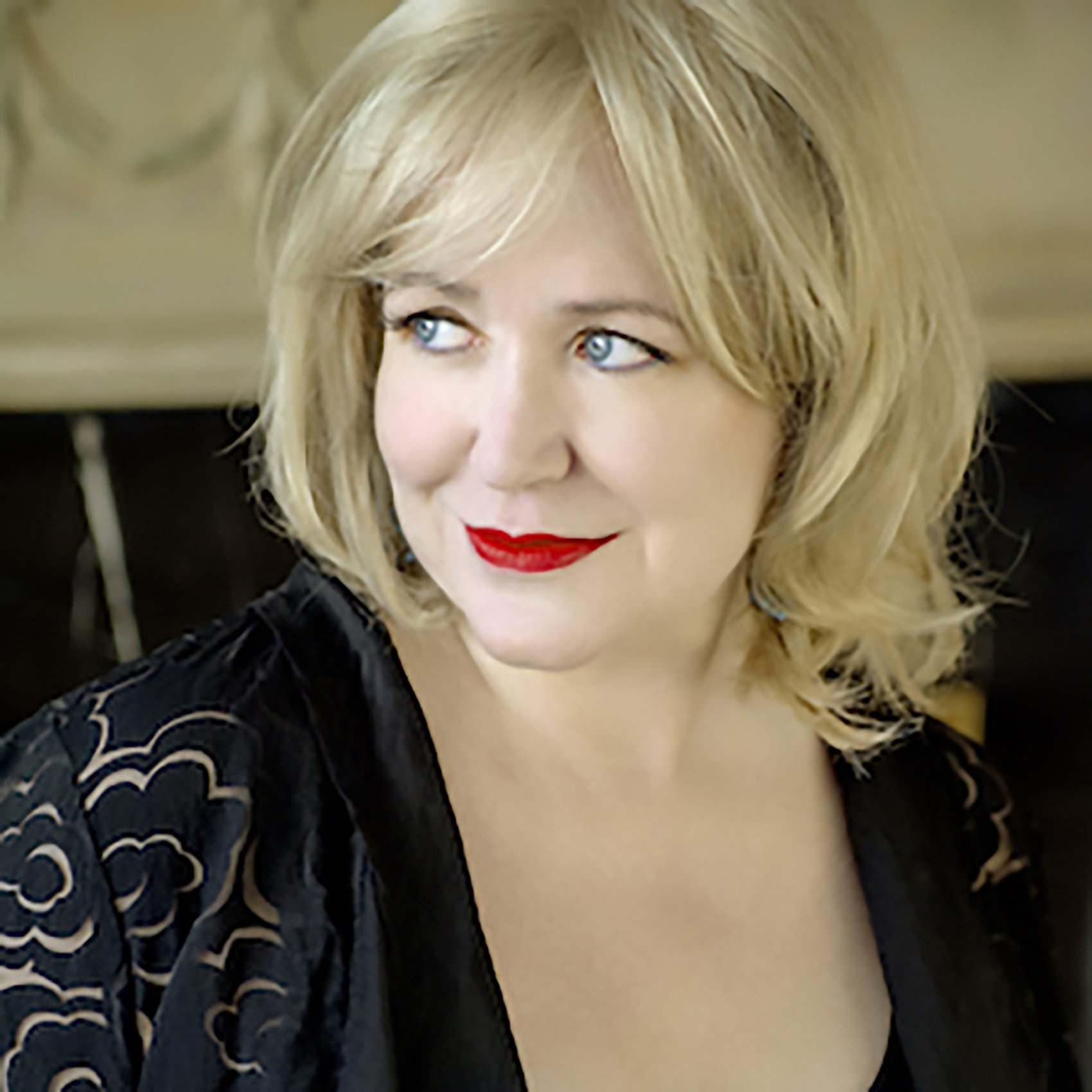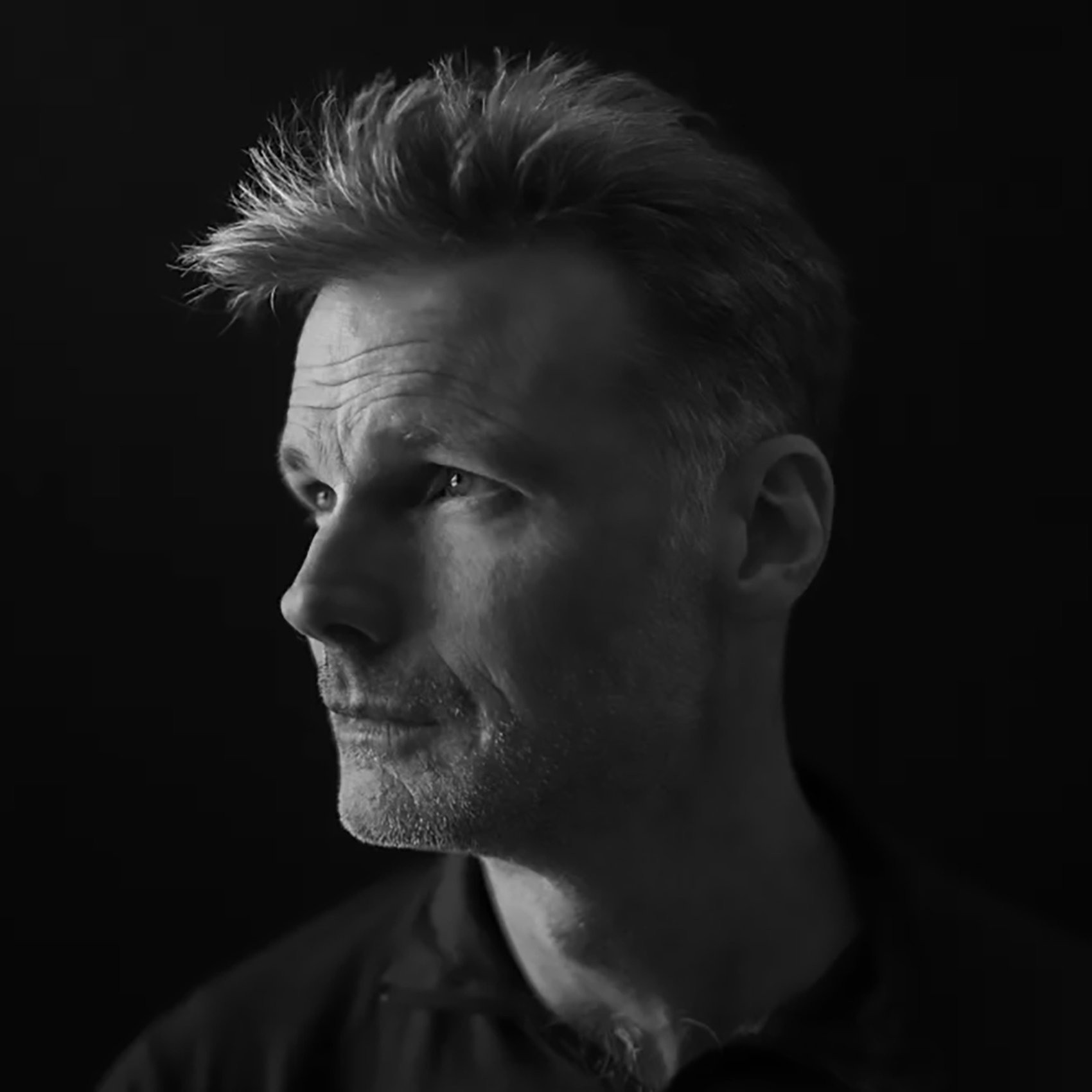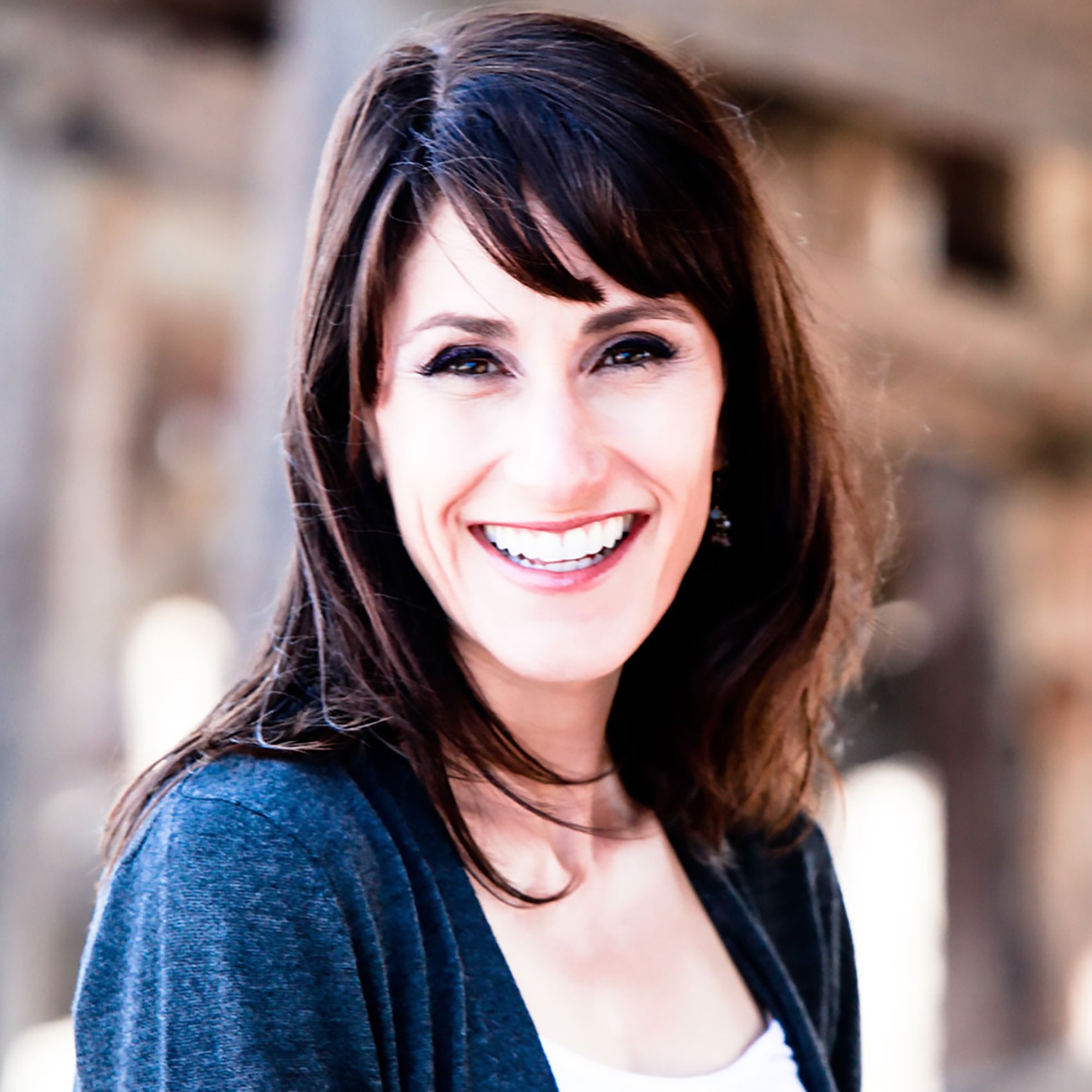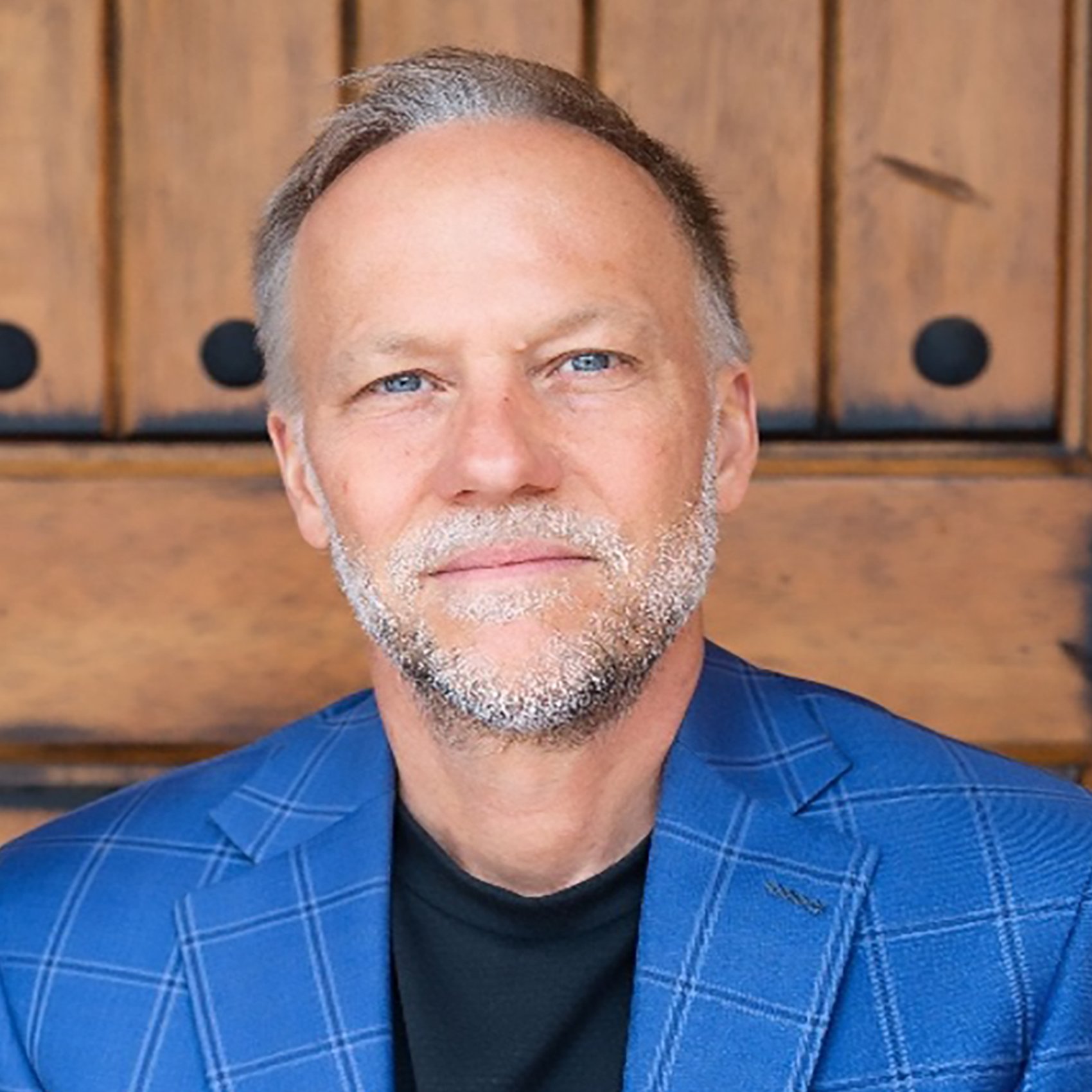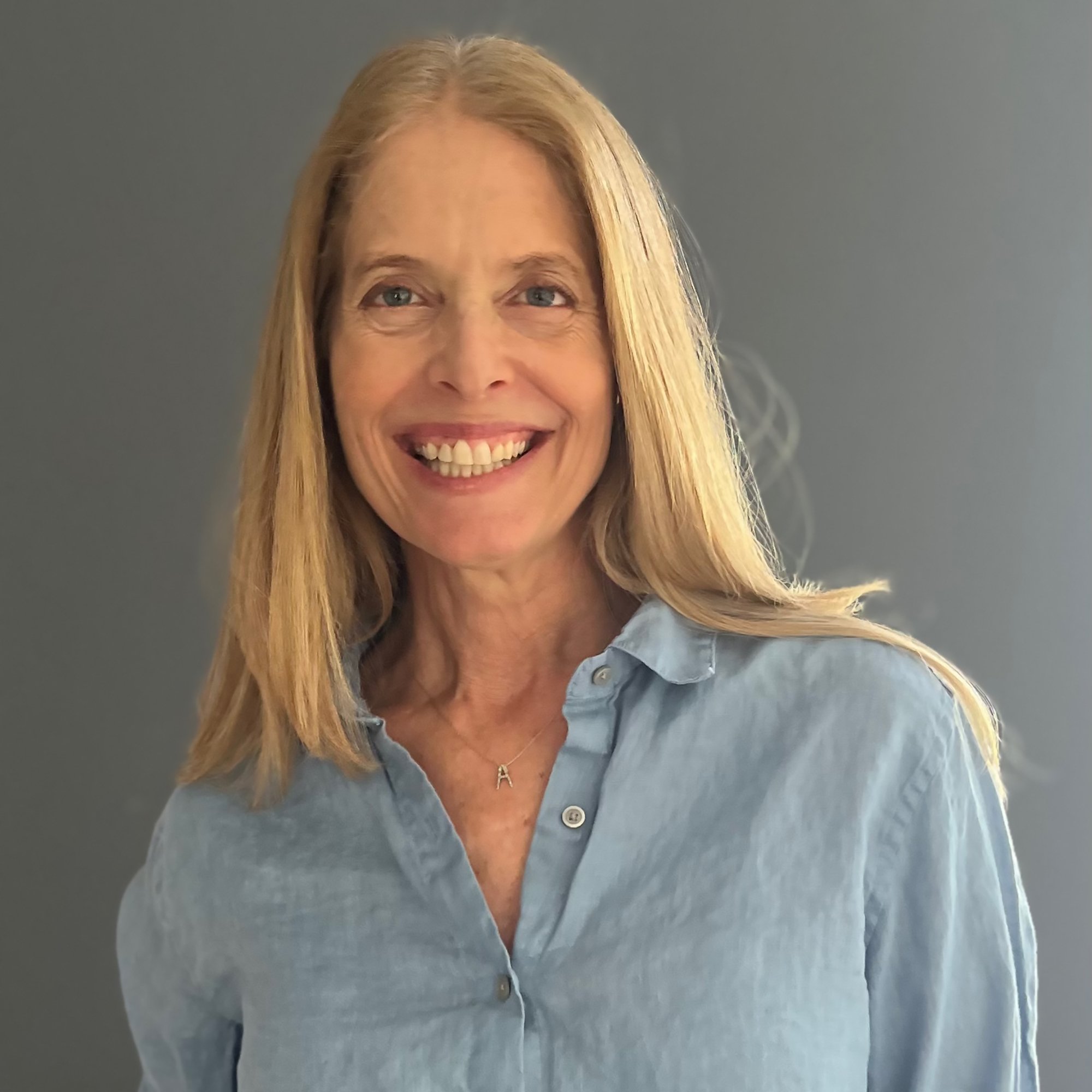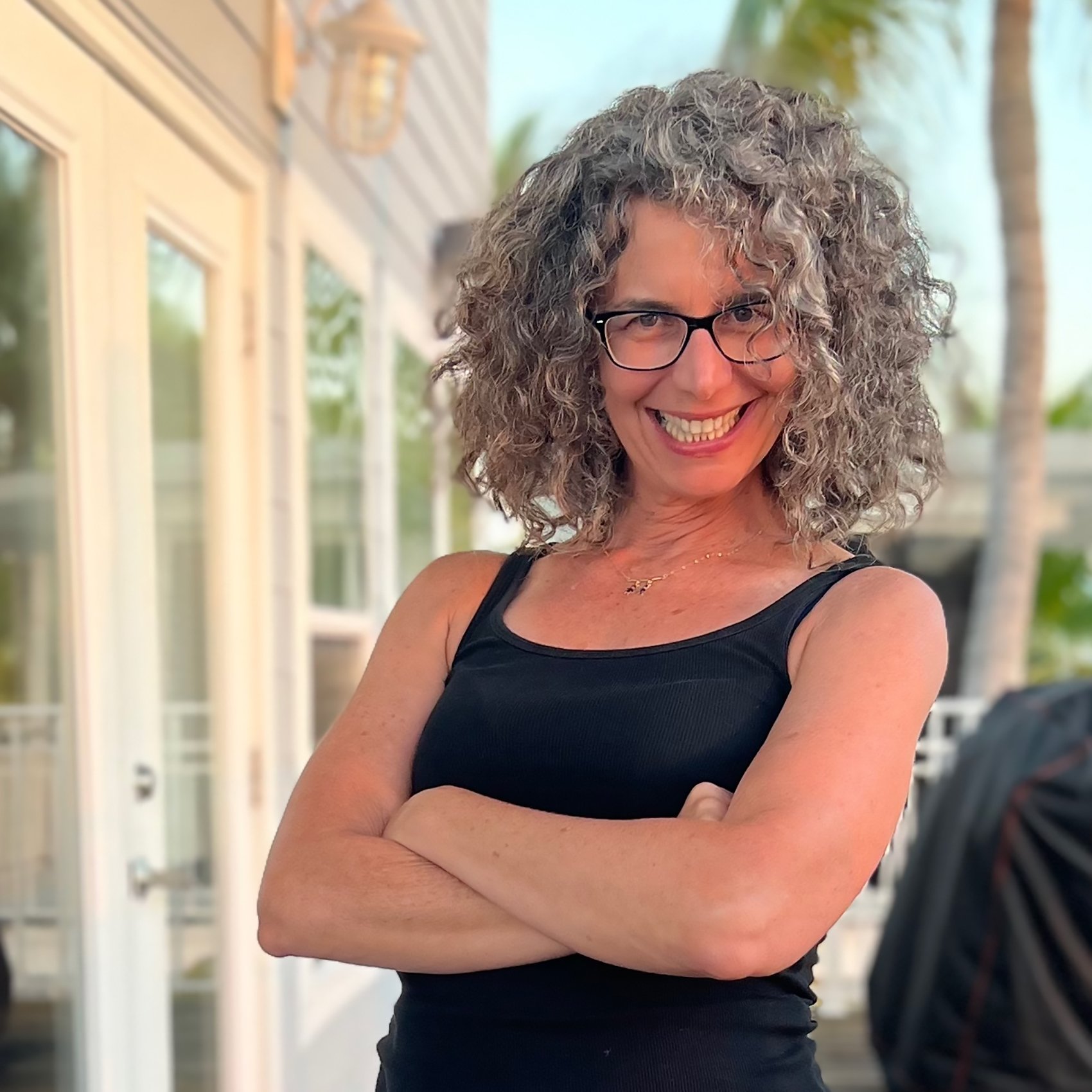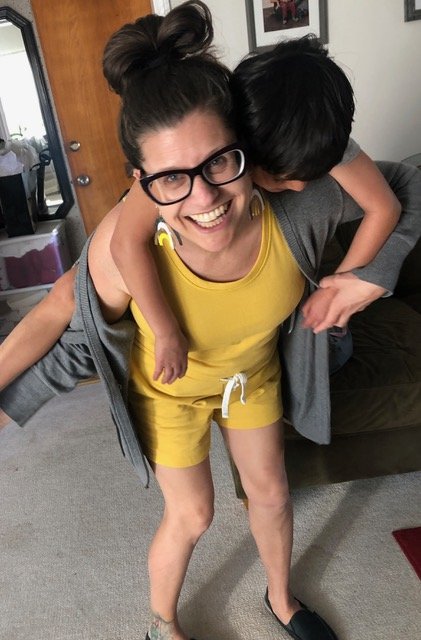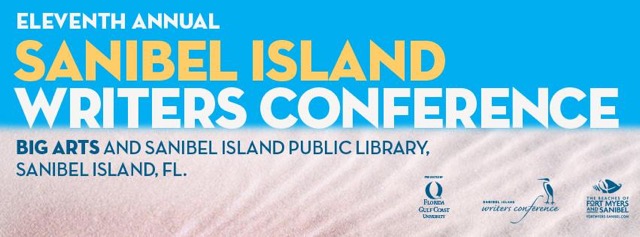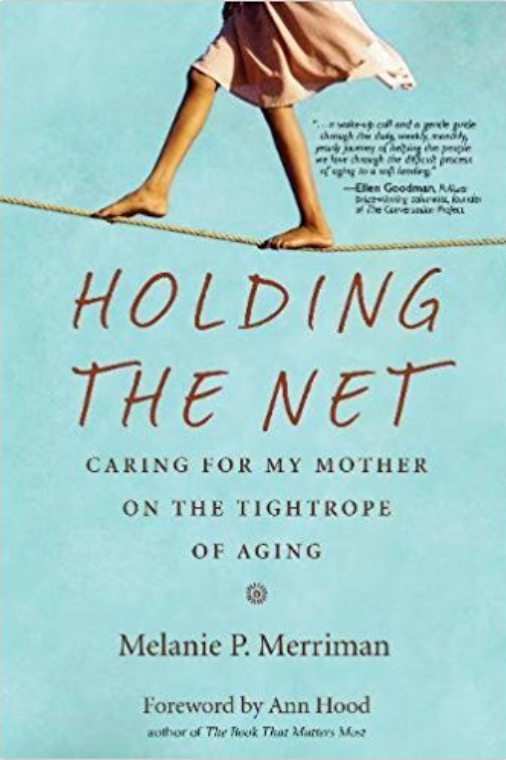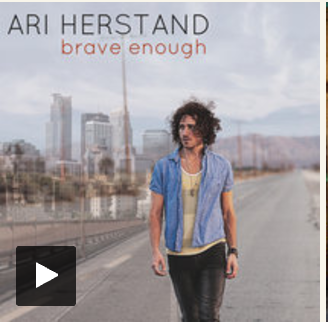Show Notes Episode 167: Even Though I'm Judging You, Don't Judge Me for Being a Chopper Mom
/Today on our show, we’re talking about writing with personality and being vulnerable. And when we say vulnerable, we mean including the hard things, good and bad, about ourselves. You’ll hear a story by Dr. Jane Marks, who is a conservation ecologist and professor of Aquatic Ecology at Northern Arizona University (NAU).
The show was on September 28, 2023. Those stories, told live and filled with science and vulnerability, will be aired on this podcast in 2024.
Jane’s story, called Sometimes Families Need a Helicopter Mom is about regret. In her essay, Jane was able to tell us so many things about her life, very serious, high-stakes things, while guiding the reader past the bombs and back into what this story is about.
For more Jane, check out Episode 149: The More Things Change, the More Brussels Sprouts Stay the Same. You will never look at Brussels sprouts the same again and you will laugh your ass off.
Writing Class Radio is hosted by Allison Langer and Andrea Askowitz. Audio production by Matt Cundill, Evan Surminski, Chloe Emond-Lane, and Aiden Glassey at the Sound Off Media Company. Theme music is by Justina Shandler.
There’s more writing class on our website including stories we study, editing resources, video classes, writing retreats, and live online classes. Join our writing community by following us on Patreon.
If you want to write with us every week, you can join our First Draft weekly writers groups. You have the option to join me on Tuesdays 12-1 ET and/or Thursdays with Eduardo Winck 8-9pm ET. You’ll write to a prompt and share what you wrote. You can also sign up for Second Draft, which meets Thursdays 12-1 ET. This group is for writers looking for feedback on a more polished draft for publication. If you’re a business owner, community activist, group that needs healing, entrepreneur and you want to help your team write better, check out all the classes we offer on our website, writingclassradio.com.
Join the community that comes together for instruction, an excuse to write, and the support from other writers. To learn more, go to www.Patreon.com/writingclassradio. Or sign up HERE for First Draft for a FREE Zoom link.
A new episode will drop every other WEDNESDAY.
There’s no better way to understand ourselves and each other, than by writing and sharing our stories. Everyone has a story. What’s yours?
Transcript
Allison Langer 0:00
I'm Alison Langer.
Andrea Askowitz (Speaker 1) 0:16
I'm Andrea Askowitz and this is writing class radio, you'll hear true personal stories and learn how to write your own stories. Together we produce this podcast which is equal parts heart and art. By heart we mean the truth in a story. By art, we mean the craft of writing, no matter what's going on in our lives, writing classes where we tell the truth. It's where we work out our shit.
There's no place in the world like writing class, and we want to bring you in. Today on our show. We're talking about stakes and writing with personality. Dr. Jane marks is a conservation ecologist and professor of aquatic ecology at Northern Arizona University. Jane has been taking classes with writing class radio for like, I don't know, three years now. And we just got back from NAU where we did a live show September 28 2023, where we first trained Jane Marx and Bruce Hungate students, their Ph. D. students how to personalize our science stories. And then we did a live show and those essays kicked ass and we're gonna bring them to you in 2024.
Allison Langer 1:29
So keep listening. Back with Jane story after the break. We're back. This is Alison Langer and you're listening to writing class radio Up next is Jane Marks reading her story. Sometimes families need a helicopter mom.
Jane 1:53
Nona when I was nine and had just started gymnastics, my husband Bruce and I were watching her practice with six other moms crammed in a small room. We could see the expansive gym with stations for balance beams parallel bars and trampolines. An instructor was helping no no with a backflip, but she wasn't ready. No, no look scared. One woman said Nona can't compete at regionals. Without backflips. She told us her daughter did backflips at age four when she also learned to read she asked me if known it does well in school. So So I said, No, no read The Iliad in first grade in English, but didn't master the Latin version until second. The room went silent until Bruce said, Don't you mean Greek? When the same moms opened their own gymnastic studio with better equipment and Olympic train coaches. I judge them as helicopter parents overly focused on their kids. I was working full time as a biology professor. I didn't have time to micromanage my kids activities. The next year I had breast cancer a stage three mastectomy chemo radiation kind of cancer, a 50% chance of reoccurrence cancer, a flip a coin and I live or die cancer. That same year our son Dylan 13, had a seizure and was diagnosed with epilepsy. As I battled cancer, Dylan seizures began occurring every few months despite anti seizure medication. He needed brain surgery. Friends helped us care for Nona. Erica took her to gymnastics, Beth drove her to middle school, Mindy made cookies. My friend saw no no more than I did. No one had dumped her best friend and tried but failed to join the popular girls. She quit gymnastics and started theater. When we were in the hospital with Dylan Nona stayed with my sister on the phone Nona was complaining about her friend troubles. I interrupt it. I can't deal with this. Now. I need you to be strong. I heard known as voice catching her throat and I felt like the worst mom. Fight five years later, Dylan and I were healthy. I thought we'd made it through the hard part. One night Nona was sitting on my bed. I'll miss Dylan when he goes to Berkeley. But she said but what I asked. I want She said not finishing her thought. More attention. I asked and hugged her. She smelled good. You miss so much. She said. I'm sorry. I said you were a trooper. Can I tell you something? She asked. Don't freak out. I felt afraid. I tried cutting. When I asked around Dillon surgery. I remember that phone call how I cut her off. I thought it was normal teenage angst Are you cutting now? I asked. No, she said. She told me she was still lonely at school but like the kids in the community theater company. I know you aren't a theatre person, she said, but maybe you could come to rehearsals. Anyway. My daughter wanted me involved so I volunteered. in Flagstaff, the only musical theatre company was run by evangelical Christians who constantly yelled at the kids. They only performed Disney. When Noah was 15. She was Babette, a flirty French maid and Beauty and the Beast. She wasn't allowed to sit on Lumieres lap because it was too slow it even Disney needed to be censored. I had misgivings. But no, no was making friends. The next year no an audition for Little Mermaid. She didn't get a lead. No nos audition was great. But the leads were going to kids who tend to the same churches as the directors. When the producer wouldn't take my call. I wrote a three page manifesto outlining the injustices, demanding resignations. I sent it to the producers and CC all the theater parents. My complaints set off a rush of rants and resignations. In retrospect, my manifesto was excessive. We weren't fighting a toxic waste dump. But I had to fight for my kid. Flagstaff needed a better theater experience for teens. After meeting with local theater experts and parents I started a new theater company called Flagstaff arts, music and education, fame. I was back to working full time and knew it would be a serious time commitment. But this was my chance to do something for Nona. Dozens of people volunteered their time and talents. We had fair auditions, and the kids voted on the shows they'd perform. Every week known and her friends rehearsed in our house, I made spaghetti or ordered pizzas. Our house was no longer a sick house. Known to help me set up auditions and coordinate rehearsals in the car we listened to soundtracks and sang as we posted the town advertising shows known to position the poster I use the staple gun. We stopped for frozen yogurt on the west side and cinnamon rolls downtown. What I lacked in experience I made up with Dr. I was a mom making up for lost time.
Toward Nona’s senior year the kids wanted to perform Heather's an edgy musical about teen bullying school violence and suicide. The adults were hesitant. No no organize a lobbying session that was far more diplomatic than my manifesto. The kids told us why they wanted Heather's one spoke about the day the police came to their school because the student was on the roof with a gun. Another talked about a friend who committed suicide known as said adults don't want to hear it. But this is our life. Can't we use theater to talk about stuff instead of pushing it under the rug. I thought back to the phone call when I was dismissive about known as complaints. This time I listened. The students put on Heather's Nona wanted to be Veronica the nice girl with the best solos. But she was cast as this queen bee Heather Chandler Nothing makes a mom prouder than watching her daughter face a packed audience and say, fuck me gently with a chainsaw. Recently known a left for college where she's majoring in environmental science. Sitting on the board of the theatre group and reading the Elliott have handed fame off to the next generation of parents. my tenure as helicopter mom is over. But it was worth the effort. I realized I judge the gymnastics moms too harshly. Like me. They just wanted to show their kids how much they love them
Allison Langer 9:14
I love any essay that says fuck. Oh my God, I love Jane so much. I just And because we know Jane so well. I can completely see her like not taking any shit and saying fuck this. I'm going to start my own thing. Like let's get going. And I just really love the whole theme. Because you and I also are working moms. I mean, obviously, we don't we're not as high powered as Jane. But we miss things. I mean, I still missed a lot of stuff. I either you know being away or I don't know there's there's there's times and so when I can do something sometimes I overdo it, you know? What do you mean? What do you overdo? Just like when I show up for my kid some times I overdo it, like, let's get, um, you know, like I go into full combat mode,
Speaker 1 10:04
like you're wearing full regalia of the of the school, like hats, wet shirt, that's, you know,
Allison Langer 10:11
just the opposite, like, I'm on my kids side if they're opposing a teacher or the school or like, I'm like, Alright, let's get them. Like I believe in them and I try to step back, but I just really want to support my kid and however that kid needs to be supported at the time and sometimes I don't, you know, stand back and think about like, what's going on? And I kind of got that a little bit in here that she was she she was making up for lost time. She even says it. The I was just a mom making up for lost time. So to me, that's what this is about. You know, I just thought this mom yeah, she over she's overdoing it. She's being that helicopter, as our producer, Matt says chopper mom, because he's Canadian. And they say funny things like that. But yeah, we show up at chopper mom, it is. Yeah. And we look like to the like to the coach or to the teacher that we're overdoing it. But there's so much behind it. Sometimes you're saying
Speaker 1 11:12
that you've become an advocate for your kids. And I've totally seen it. And that's what Jane is, too. I feel like this. I love this story so much. I mean, there's so much I want to say about it. But it is a story sort of about regret. Jane brings up that one moment, when she was on the phone with Nona unknown. It was like having like trouble with her friends or she wanted to be in the popular group or something. And Jane was like, you just gotta be strong. And right away, I felt that the narrative felt so bad. And then she brought that moment up, I think two more times, like she brought it back. And that I thought was really good writing. And something that's so interesting about like, just a moment in time like this. I don't know if this came out of a prompt, but it may have like a moment I regret. And then she writes this whole story about the value of being a chopper mom.
Allison Langer 12:09
And I think when you say this is good writing, you mean it's vulnerable, the narrator is getting vulnerable. And so it's more than just about like what it appears there's more to it. And so that is yeah, that's where the good writing is.
Speaker 1 12:22
She's vulnerable, and she brings back a moment that really hurt her. She brings it back once we already know it. And I think callbacks like that are really good writing. The way she set up the story was everything. First of all, it's very, very visual. I just noticed that right now. Like we see the gym. And we're right there in the gym with these other parents. And then we get exactly who Jane is like she's so she's like, Yeah, she's reading the Iliad, in Latin. And then she got it wrong.
Allison Langer 12:59
I love that that Bruce is like, Don't you mean Greek?
Speaker 1 13:02
But then Bruce, her husband and the dad I've known he's supporting her like he's like, yeah, yeah, but don't you mean Greek? I just, I see them together like, oh, no, no,
Allison Langer 13:15
we really get their personality. Yeah, yes,
Speaker 1 13:17
exactly. And we see that Jane was not having it with these who she called helicopter mom. She was just like, good lord with these people. But at the very end, she admits that she and I really liked there were few endings like I thought there were few endings, but I love the ending ending where she said just like me, they just want to show their kids that they love them. So she also harkens back to these Parkin, I just said, Harkat. She harkens back,
Allison Langer 13:45
definitely say it again.
Speaker 1 13:46
Yeah, I'll say it again. She harkens back to these women in the gym, or the parents in the gym. That was really cool at the end. Another thing I noticed, I'm sorry, you want to say something? Did you want to say something?
Allison Langer 13:59
No, no, why would I want to say something? So
Speaker 1 14:02
I wanted to say that Jane did a really good job of raising the stakes a few times. So she was a biologist, she had cancer, then her son had seizures. So it sounds bad. But then in the next sentence, he needed brain surgery. It was really bad. She needed to like put all of her attention into her own. First she had a huge job, then she has a health crisis herself. And then she has a huge health crisis for her other kit. And then she explains so well how her friends unknown and more than she did. And then that moment, that kind of changed, everything happened.
Allison Langer 14:39
You know, we talk a lot about dropping bombs. And Jane did a really good job of like dropping in these really big situations or circumstances and then explaining them so that we felt satisfied as a reader as we moved on to the next section. Yeah, that was really well done.
Speaker 1 14:56
Did you think cutting was a bomb? No. Because
Allison Langer 15:00
I got it. I mean, she considered it, they addressed it, they seem to, you know, resolve it in the sense of the story. So I felt complete, and and feel like I was paying, I thought it raised the stakes again. Well, there's consequences to every behavior, including reaching out and you know, screaming at a teacher or, you know, sending a letter or having cancer, that causes a problem, and it's not discussed, it doesn't feel realistic. So the fact that she brought all this in here shows us that there was a consequence to every single action she brings up in the story. Yeah,
Speaker 1 15:39
right. She doesn't just tell us, uh, you know, that she hung up the phone too quickly on her kid, basically, she says, and this is what happened because of that. Yeah, her daughter tried to tried cutting. Then she goes to the part where her daughter is in this shit theater program. And I thought she did a really good job explaining what was problematic about it. And also her again, like her personality. She she writes a three page manifesto. And she was so knowing, like, she recognizes that well, well, maybe that manifesto was a bit overkill.
Allison Langer 16:15
You know? Yes. She says no, no, organized a lobbying session that was far more diplomatic than my manifesto.
Speaker 1 16:22
did. Yeah. Yeah. She's great at bringing back callbacks. Then she says that the house was no longer a sick house like it was working. So the story What is the story about? I was a mom making up for lost time. I think that's it stated. And sometimes, I think it's so beautiful and satisfying for me as a reader or listener to just hear it. It wasn't like, you know, she didn't do anything fancy there. She just told us. I love that. Then she remembered the phone call again. And then the best line ever. Fuck me gently with a chainsaw. That was a proud moment. Yeah,
Allison Langer 17:07
love it.
Unknown Speaker 17:08
Yeah, so good. Really good. I love it.
Allison Langer 17:13
Thank you for listening. And thank you chain for sharing your story. If you would like to hear more Jane, check out episode 149. The more things change the more brussel sprouts stay the same. Believe me, you will never look at brussel sprouts the same again and you will laugh your ass off.
So writing class radio is hosted by me, Alison laner. And me Andrea Moskowitz audio production by Matt Cundill. Evans, her Minsky, Chloe and Mone lane, and ating Blasi at the sound off media company. The music is by Justina Shambler. There's more writing class on our website including stories we study editing resources, video classes, writing retreats, and live online classes. Join our writing community by following us on Patreon. If you want to write with us every week, you can join first draft, you have the option to join me on Tuesdays 1220 Eastern or Thursdays with Eduardo wink, eight to 9pm. Eastern, you get to write to a prompt and share what you wrote. And if you're a business owner, community activist group that needs healing entrepreneur or you just want to help your team write better. Check out all the classes we offer on our website writing class radio.com. Join the community that comes together for instruction and excuse to write in the support from other writers. To learn more, go to patreon.com/writing class radio or our website to sign up for a free zoom link. The free link is also on Instagram and our social media bios. A new episode will drop every other Wednesday.
Speaker 1 18:56
There is no better way to understand ourselves and each other than by writing and sharing our stories. Everyone has a story. What's yours?
Produced and distributed by the sound off media company


